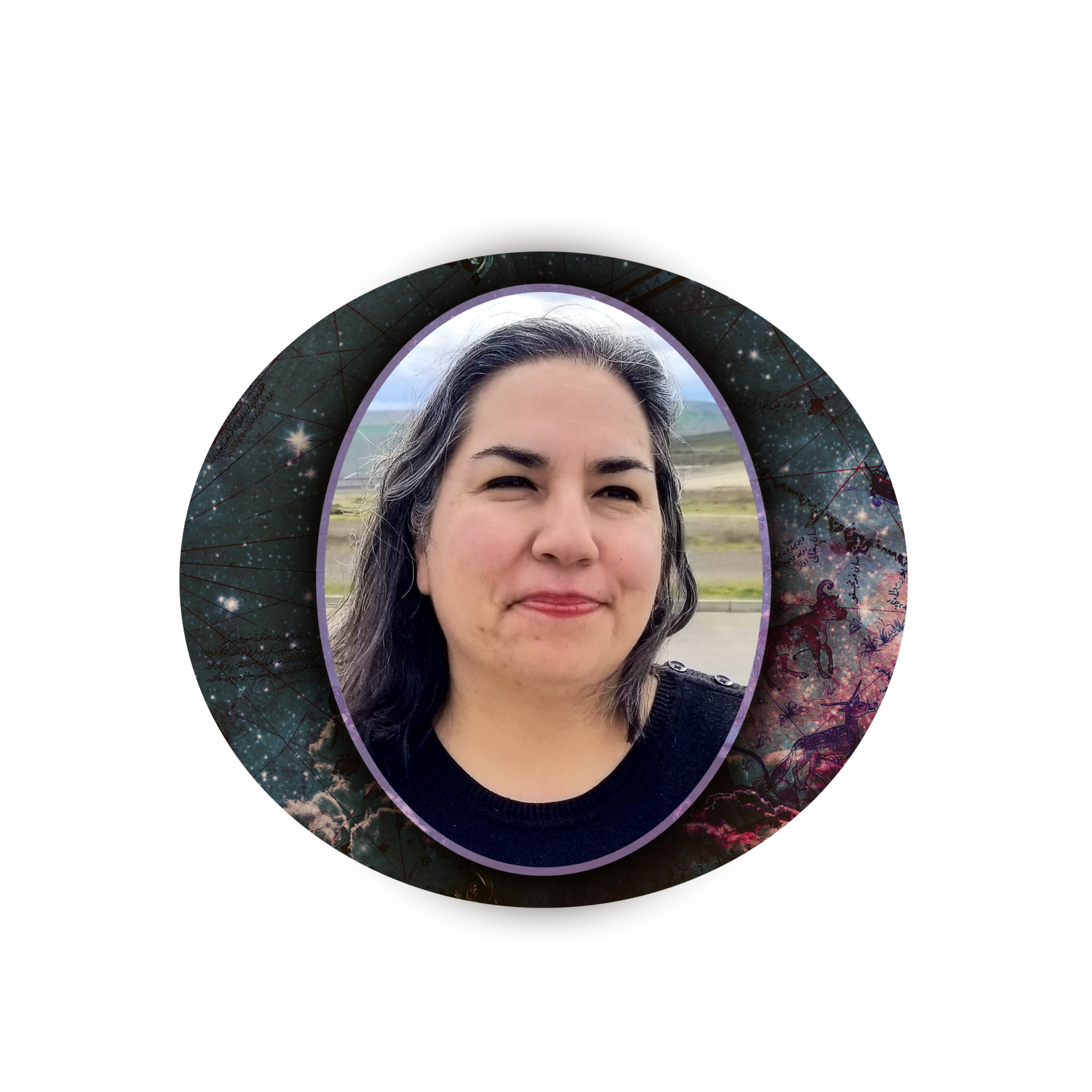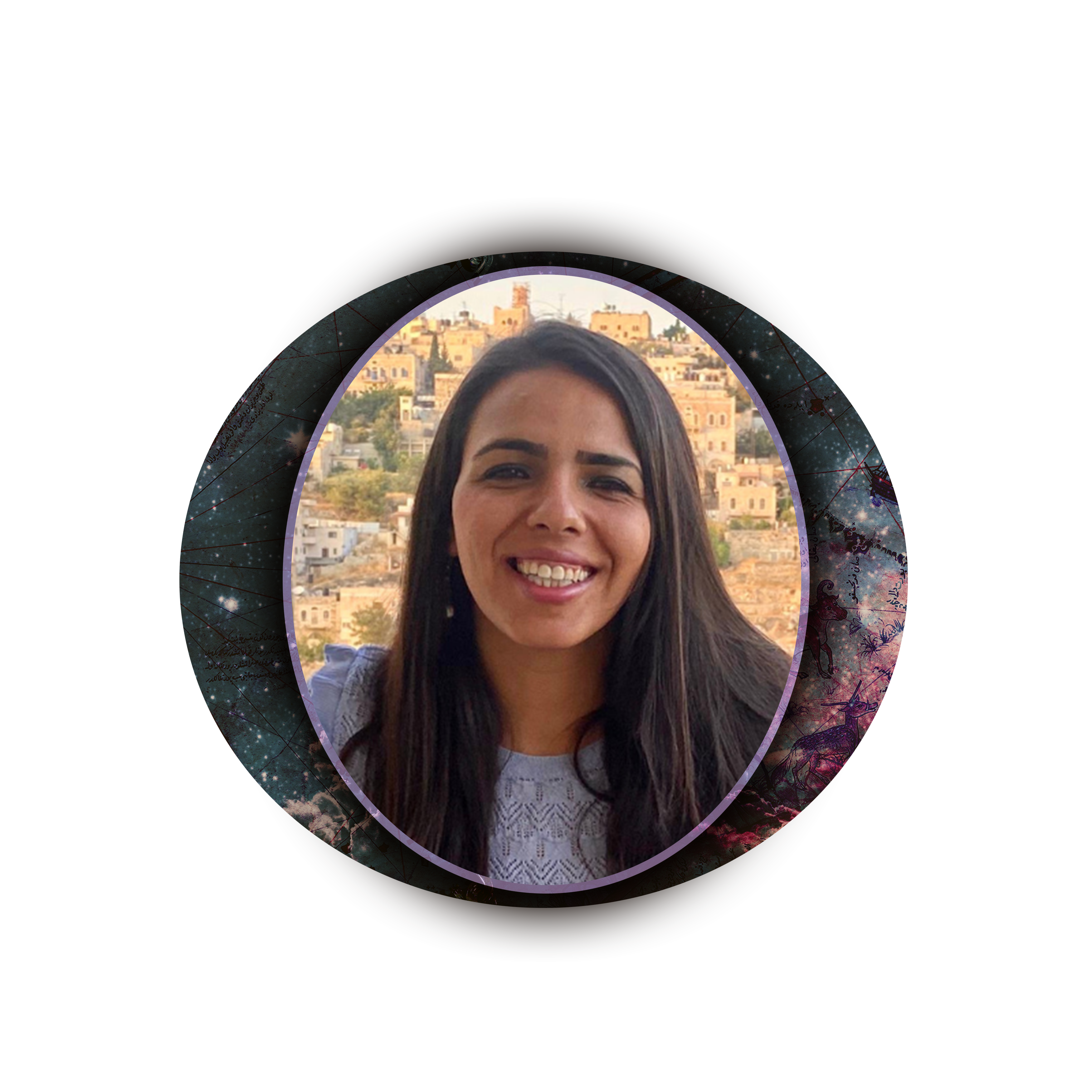Isaiah 62:6-12 • Psalm 97 • Titus 3:4-7 • Luke 2:(1-7), 8-20
If Jesus came from White Swan
Instead of a manger
He spent his first night in the back of a 1986 Ford Aerostar
surrounded by a menagerie of mule dogs and a few unbroke horses.
He loves basketball.
He’s good for a stealth joke told with a straight face, the kind that
sneaks up on you,
and leaves you laughing a long time
He hitchhikes
hugs the shoulder of Fort Road after dark
wearing basketball shorts and an XL hoodie,
hands buried deep in the front pouch pocket.
He doesn’t look you right in the eye
ends his sentences with “ay…”
and white folks peg him right off:
look the other way, lock their car doors as he walks through
the parking lot at hometown buffet.
He can run a long way, and in winter might jog
home to grandma’s to keep warm,
if he can’t catch a ride.
Since his mother was an unwed teen when he was born,
Jesus naturally lives with Grandma.
His first miracle is turning wine into water.
Even though he belongs to a small band of confederated tribes
you’ve never heard of
surrounded by a mighty empire,
he is still the son of God.
He could but doesn’t heal
Celilo falls of the dam
that divides the land of his people.
At rock creek,
he feeds thousands with
dip net and digging stick.
Together, he and his people
gather the bounty of the promised land.
He takes a few friends with him
To the top of Mount Adams,
where he is transformed:
His clothing becomes light,
His face as hot and bright as the sun.
If you, unbelieving, are there
the lightening coursing down your spine
drops you to your knees,
your face pushed against the cool grit of blessed earth.
He speaks with Kamiakin and Strong Heart
and a voice from a cloud
says
“This is my beloved son;
hear him.”
To Whom did the Messiah come? For whom is his birth good news?
I authored the poem printed here while living among the Yakama people on the Homelands of the Confederated Bands and Tribes of the Yakama Nation, the Yakama Indian Reservation. I am a Tewa woman, not Yakama, but lived as a relative on the Yakama’s healing lands for 18 years. White Swan is the small, reservation town where I and my family lived.
The people I lived among bore a startling resemblance to the tribe into which Jesus was born. The Yakama Nation is a People seeking to retain their own homelands and unique identity in the cosmos, while surrounded on all sides by empire and structural violence. The lands of the Yakama Nation that were guaranteed by treaty to be their homeland forever are now primarily owned by White settlers, and by corporate farms in particular. This reality is the result of more than a hundred years of laws and policies designed to remove the Yakama from their homelands.
It is easy to imagine Jesus born to the Yakama people, a people of Spirit who have practiced their culture, language, and spirituality for uncounted generations. This reality causes me to wonder, to whom did Jesus come?
The Magnificat is the text from Luke where Mary reflects on her role as the expectant mother of the Messiah. Think about this. Mary is an unmarried, working-class girl, a nobody, a member of a colonized people. The arrival of a child to her certainly meant shame for her in her community, and yet she rejoiced because the Creator of the universe chose not a princess or an empress to parent the Messiah, but a working-class girl belonging to an oppressed people. Mary’s words in the Magnificat give us insight into just who Jesus was born to:
God has performed mighty deeds with God’s arm;
God has scattered those who are proud.
God has brought down rulers from their thrones but has lifted up the humble.
God has filled the hungry with good things but has sent the rich away empty.
Jesus is born to the oppressed
Luke chapter two confirms this idea. An angel of the Creator appears to shepherds caring for their flocks. The angel of the Creator says, “Do not be afraid. I bring you good news that will cause great joy for all the people. Today in the town of David a Savior has been born to you; he is the Messiah, the Lord. This will be a sign to you: You will find a baby wrapped in cloths and lying in a manger.” Think about this. The liberator, the Messiah, is born in a barn. The angel instructs the workers that the Messiah can be found with his parents in a barn.
Why is this announcement made to the lowest workers? A heavenly host appears not to emperors or to kings, but to the workers of the bottom-rung job who are laboring throughout the night. I say again, the heavenly host appears to shepherds, workers who live among animals, who sleep outside on the ground. Which people will be joyful with the arrival of a Messiah for shepherds?! The angel of the Creator is announcing a Messiah for the oppressed, the colonized. This angel appears to his people to tell them the Creator has sent relief in the person of Jesus.
The lectionary text from Isaiah 62 reinforces the idea that the Creator of the Universe is committed to freeing the oppressed. The prophet Isaiah recounts the Creator’s liberatory commitment in the following passage:
“Never again will I give your grain as food for your enemies,
and never again will foreigners drink the new wine for which you have toiled;
but those who harvest it will eat it and praise the Creator,
and those who gather the grapes will drink it in the courts of my sanctuary.”
This is truly good news to Indigenous peoples whose sacred lands are now occupied by foreigners, by settlers. Often people in the dominant culture do not see themselves as “foreigners,” but as citizens, those rightly entitled to the land and its bounty. But from the point of view Isaiah speaks from, a point of view shared by the Yakama Nation, the mighty who now occupy Yakama homelands will be removed. The Yakama will again be free to benefit from grain, wine, and safe pasture in their own homelands.
What does this mean for the beneficiaries of empire, those who eat the grain and drink the wine of the oppressed? Many Christians from the dominant culture read these texts and believe it is vindication for them, a retelling of victory and conquest. I challenge this idea and assert that this text in Isaiah is the announcement of jubilee, the just reordering of human systems — the return of land and security to the vanquished, self-determination for the conquered.
Many Christians from the dominant culture read these texts and believe it is vindication for them, a retelling of victory and conquest. I challenge this idea and assert that this text in Isaiah is the announcement of jubilee, the just reordering of human systems — the return of land and security to the vanquished, self-determination for the conquered.
Titus chapter three explains that the oppressed need not earn salvation. We the oppressed are not offered salvation because we are righteous, or just. Titus writes, rather, “But when the kindness and love of God our Savior appeared, he saved us, not because of righteous things we had done, but because of his mercy.” Jesus’ birth is the fulfillment of Isaiah’s prophesy, the promise of freedom for the oppressed.
The Psalmist in chapter 97 explains that the coming of the Messiah is a reason for celebration not just for humanity, but for all of creation. Let the earth be glad, the distant shores rejoice! In today’s context, the earth itself is held in bonds of oppression. Jesus brings justice for all of creation. The Creator’s reign is righteousness and justice. Those who worship idols are put to shame: those who put their hope in capitalism, the protestant work ethic, the American dream, those who believe the theft of land is justified.
What does this mean for the Church?
Those of us who are the descendants of settlers are settlers ourselves. We are the beneficiaries of systems of oppression. This includes the church institutions, which have gained land, wealth, and security at the expense of the oppressed. Yet we have the opportunity to stand in true solidarity with Indigenous peoples by seeking right relationship. Right relationship balances power where there is an imbalance of power. For the beneficiaries of colonization, this means giving up power. We can join with Indigenous land and water protectors by putting our bodies next to theirs, by following their leadership in Indigenous movements for liberation. In this way, we can become relatives to the oppressed and claim the coming of Jesus the Messiah as good news for us. If we choose to remain in an advantaged position as the beneficiaries of empire, then the coming of the Messiah cannot be for us. For the mighty, the coming of the Messiah, and the establishment of the kingdom of God means being brought down from our thrones and sent away hungry.

Sarah Augustine is the Executive Director of the Coalition to Dismantle the Doctrine of Discovery, a national coalition with global reach. From 2017-2022 she directed a Dispute Resolution Center in Central Washington. She has served on the faculty at Heritage University, Central Washington University and Yakima Valley College, and has served as Adjunct faculty at Goshen College. Sarah received a BA in Sociology and Psychology (1996) and an MA in Whole Systems Design with an emphasis in group conflict transformation (2006). She has represented the interests of Indigenous community partners to their own governments, the Inter-American development bank, the United Nations, the Organization of American States Inter-American Commission on Human Rights, The World Council of Churches, the World Health Organization, and a host of other international actors including corporate interests. Sarah Lives with her husband, Dan Peplow, and their child in Central Washington.



Unbound Social